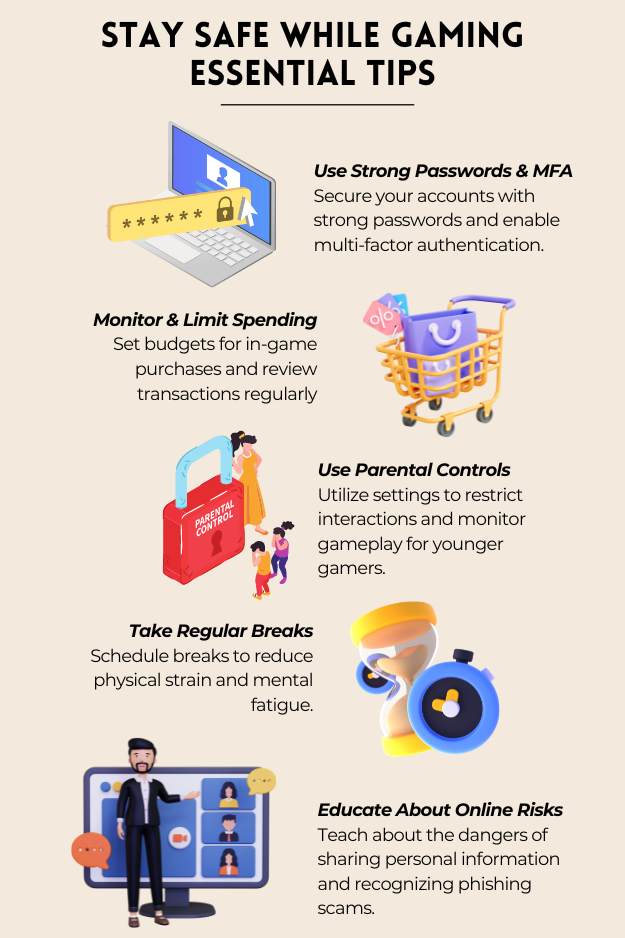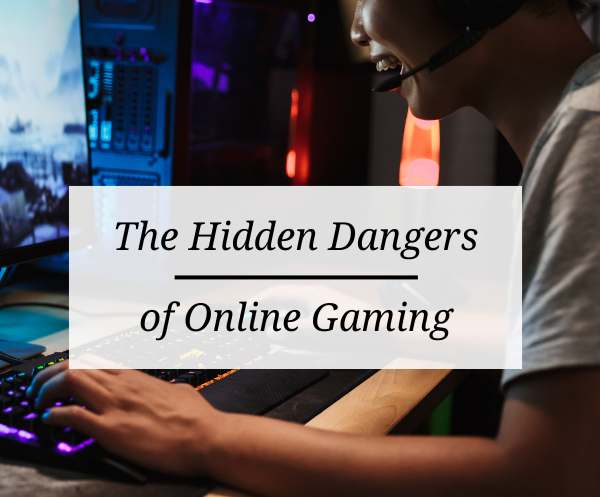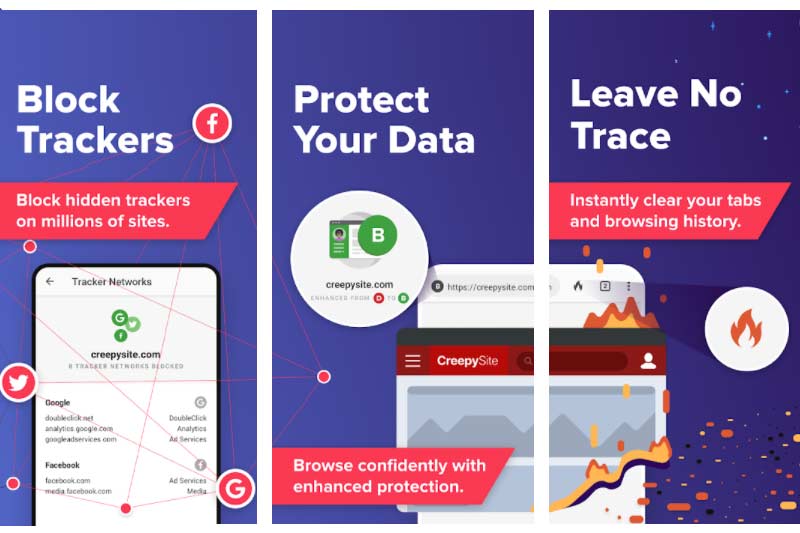The Hidden Dangers of Online Gaming: Navigating the Risks
Online gaming has become a staple of modern entertainment, captivating millions across the globe. However, behind the fun and excitement lurks a series of potential risks that can affect players of all ages. Understanding these risks is crucial for ensuring a safe and enjoyable gaming experience. Let’s explore some of the most significant dangers associated with online gaming and how to mitigate them.
Cybersecurity Threats
Hacking and Malware
Online games often require personal information and financial details, making them prime targets for cybercriminals. Hackers can infiltrate gaming accounts to steal sensitive data or install malware that compromises your device. For instance, a significant data breach occurred with Zynga, affecting millions of users’ personal information (source). To safeguard against such threats, it is essential to use strong, unique passwords, enable multi-factor authentication (MFA), and avoid downloading games or updates from unofficial sources.
Phishing Scams
Phishing scams are rampant in the online gaming world. Cybercriminals create fake websites or send deceptive messages to trick players into revealing their login credentials or financial information. Recognizing and avoiding phishing attempts is critical. Be cautious of unsolicited messages and verify the legitimacy of any site before entering personal information (source, source).

Social Risks
Cyberbullying and Online Harassment
The anonymity of online gaming can lead to toxic behaviors such as cyberbullying and harassment. Players may encounter offensive language, threats, or persistent bullying from other gamers. To combat this, most gaming platforms offer tools to report and block abusive users. Encouraging positive online behavior and fostering open communication about experiences in the gaming community can help mitigate these social risks (source).
Interaction with Strangers
Online gaming often involves interacting with strangers, which can expose players to potential predators. It is not always clear who is behind an online persona, making it vital to educate younger gamers about the dangers of sharing personal information. Parents should monitor their children’s gaming activities, set up appropriate privacy settings, and use parental controls to restrict interactions with unknown players (source, source).
Financial Risks
In-Game Purchases and Microtransactions
Many online games feature in-game purchases that enhance the gaming experience but come with real-world costs. These microtransactions can quickly add up, leading to significant unexpected expenses. It is easy to lose track of spending, especially for younger players who might not understand the value of money. Setting spending limits, monitoring transactions, and discussing the financial implications of in-game purchases with children can prevent these costs from spiraling out of control (source, source).
Fraud and Identity Theft
The integration of real money in gaming also opens the door to fraud and identity theft. Scammers might use stolen credit card information to make unauthorized purchases or sell personal data on the dark web. Protecting personal and financial information by using secure payment methods and regularly monitoring accounts for suspicious activity is crucial (source).
Mental Health and Addiction
Gaming Addiction
Excessive gaming can lead to addiction, characterized by a preoccupation with gaming, neglect of personal responsibilities, and withdrawal from social interactions. Gaming addiction can negatively impact mental health, leading to issues such as anxiety, depression, and strained relationships. Recognizing the signs of addiction and promoting healthy gaming habits, such as setting time limits and encouraging a balanced lifestyle, are vital steps in addressing this issue (source, source).
Physical Health Concerns
Prolonged gaming sessions can also result in physical health problems, such as poor posture, eye strain, and an increased risk of conditions like Deep Vein Thrombosis (DVT). Encouraging regular breaks, physical activity, and maintaining an ergonomic gaming setup can help mitigate these risks (source).
Safety Tips for Gamers
- Use Strong Passwords and MFA: Secure your gaming accounts with robust passwords and enable multi-factor authentication to add an extra layer of security.
- Monitor and Limit In-Game Spending: Set budgets for in-game purchases and regularly review transactions to avoid overspending.
- Educate About Online Risks: Teach gamers about the dangers of sharing personal information and recognizing phishing scams.
- Promote Positive Online Behavior: Encourage respectful communication and report any abusive behavior encountered in games.
- Use Parental Controls: For younger gamers, utilize parental control settings to restrict interactions and monitor gameplay.
- Take Regular Breaks: Ensure that gaming sessions are interspersed with breaks to reduce physical strain and mental fatigue.
- Stay Informed: Keep up to date with the latest security measures and updates from gaming platforms to protect against emerging threats.
Conclusion
While online gaming offers immense entertainment value, it is essential to be aware of and proactively address the associated risks. By implementing security measures, promoting healthy gaming habits, and fostering open communication, players can enjoy the benefits of online gaming while minimizing potential dangers. Stay informed, stay safe, and game on!





